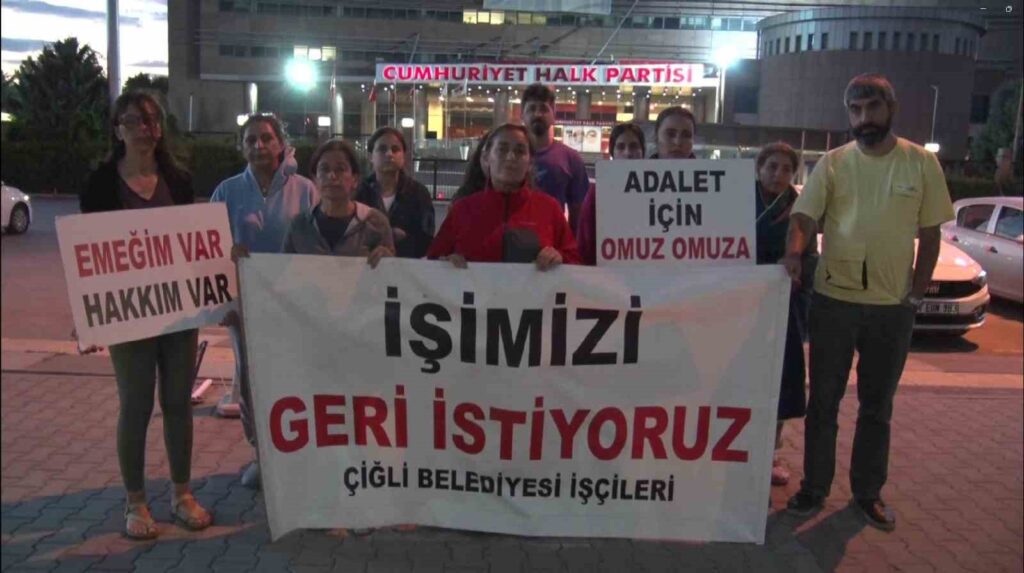After February 6, disaster risk assessments have been completed in 23 provinces.
The Ministry of Environment, Urbanization and Climate Change has completed micro-zoning studies in approximately 200,000 hectares across 23 provinces following the February 6 Kahramanmaraş earthquakes. The Ministry of Environment, Urbanization and Climate Change, in response to disaster hazards …

The Ministry of Environment, Urbanization and Climate Change has completed micro-zoning studies in nearly 200,000 hectares across 23 provinces following the Kahramanmaraş earthquakes on February 6.
The Ministry of Environment, Urbanization and Climate Change continues its efforts to ensure the proper selection of settlement areas against disaster hazards and to identify the risks in areas designated for construction. In this context, micro-zoning studies are conducted by the General Directorate of Spatial Planning before determining settlement areas to examine whether the land is suitable for construction.
After the February 6 earthquakes, micro-zoning studies were completed in approximately 200,000 hectares in the provinces of Kahramanmaraş, Gaziantep, Hatay, Malatya, Osmaniye, Diyarbakır, Adana, Şanlıurfa, Kilis, Van, Erzurum, Manisa, Karabük, Düzce, Kocaeli, Bolu, Bingöl, Kayseri, Denizli, Burdur, Kütahya, Çorum, and Kırşehir.
Landslide and rock risk areas are being identified
One of the micro-zoning studies that will ensure the establishment of disaster-resilient cities is ongoing in Tunceli. In Tunceli, where there are active fault zones and where 1,700 buildings were severely damaged in the earthquakes centered in Kahramanmaraş on February 6, micro-zoning studies are being conducted in an area of 6,200 hectares. As a result of the work done at 8 points, the disaster hazards in the districts are being identified. The boundaries of the areas at risk of landslides and rockfalls are being determined.
Minister Kurum: “We are also strengthening the building stock”
Sharing images of the work in Tunceli on his social media account, Minister Kurum said, “We are identifying safe settlement areas with micro-zoning studies in risky areas for disaster-resilient cities. At the same time, we are strengthening our building stock with new buildings through TOKI (Housing Development Administration).”
Ayşe Çağlayan, the Head of the Geological Survey Department of the General Directorate of Spatial Planning, provided the following information regarding the micro-zoning studies:
“We conduct micro-zoning studies in settlement areas affected by the North Anatolian Fault Zone, the East Anatolian Fault Zone, the West Anatolian Fault Zones, and the faults specified in the Active Fault Map, which are known as the most significant active fault zones in our country. We determine the disaster hazards in settlement areas through drilling, geophysical studies, and paleoseismological studies focused on active faults, as well as numerous studies conducted in various laboratories. Thus, we can clearly identify the boundaries of areas suitable and unsuitable for settlement.”
Zoning plans will be created based on these reports
Çağlayan stated that the studies in the central, Malazgirt, Hozat, Pülümür, and Çemişgezek districts of Tunceli have been completed, while the studies in Nazımiye, Pertek, and Ovacık are in the completion phase. She noted that municipalities could make changes to zoning plans based on the results of the micro-zoning study reports and settlement maps. “By establishing the relationship between buildings and the ground, safe constructions can be permitted in accordance with zoning plans. Through these studies, we aim to create disaster-sensitive planning and resilient cities against earthquakes,” she expressed.
“We are establishing a new living area in Tunceli”
Melih Merik Kara, the Provincial Director of Environment, Urbanization and Climate Change in Tunceli, stated that the studies will create a significant basis for zoning plans, reducing disaster risks, and understanding the characteristics of the city’s ground structure. Kara said, “Our province has made significant progress in the phase of preparing for earthquakes. The main goal of these micro-zoning studies is to prepare our province for disasters in the long run. In other words, we will see how construction will proceed according to the study report that will emerge in this region with a good zoning plan.”
Safe areas will have TOKI housing constructed
Kara noted that, in addition to the micro-zoning studies, 1,173 housing units will be constructed in Tunceli with the support of the Housing Development Administration (TOKI) by the end of 2025. He provided the following information about the project: “We will establish a new living area that complies with environmental regulations and has a wastewater treatment facility. Due to the old building stock in Tunceli, there is a need for social housing and similar residences. Therefore, this project is very important for us.”







